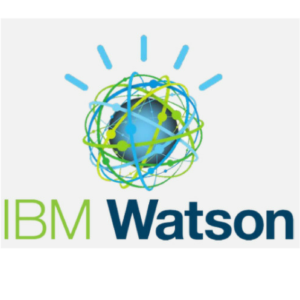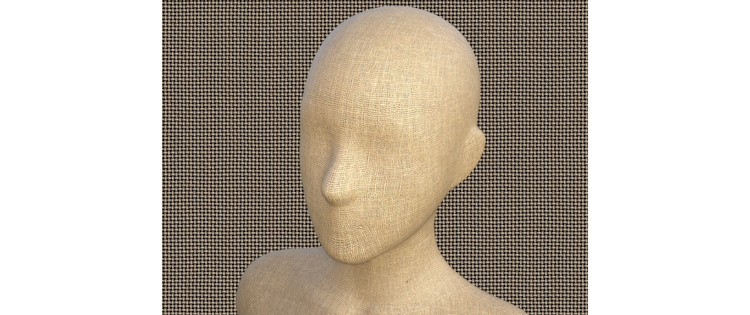If you know about me, you know that I love technology. I haven’t talked too much about AI (artificial intelligence) a lot here, but I do talk a lot about it in person.
I think that AI, AR (augmented reality) and VR (virtual reality) are going to be huge game changers in all aspect of life, but definitely in the healthcare landscape.
A recent article, Hype vs. reality in health care AI: Real-world approaches that are working today goes into much more depth than I can. I love technology, but I don’t know enough about the details.
The article touches on a few areas that AI is already being utilized and where it can be taken further in the future. One of these areas is something that I think is important.
Machine Learning
Machine learning is already being used to take data from a patient and identify early indicators of diseases.
In the non-diabetes space machine learning is being used by Google to help identify cancerous tumors and Stanford is using it to identify skin cancer.
 Recently I wrote about an article talking about using digital health in all four stages of the patient journey, this is very similar. Using machine learning, or AI, during all 4 of these stages is where healthcare can be more predictive and maybe we can save more lives because of it.
Recently I wrote about an article talking about using digital health in all four stages of the patient journey, this is very similar. Using machine learning, or AI, during all 4 of these stages is where healthcare can be more predictive and maybe we can save more lives because of it.
During the diagnosis process, partnerships like the one IBM Watson Genomics and Quest Diagnostics made, could
identify potential disease or blood disorders simply from looking at blood sample results.
Imagine going to get your blood drawn and then within 24 hours knowing you need further tests because the data from IBM Watson was able to predict or detect something happening inside your body. Some may have issues with the patient privacy in this case, but I know I wouldn’t.
Predicting Health Results
Once some one is diagnoses, machine learning can still help that person manage their disease. Think about predictive low systems within the Medtronic 670G and the Tandem t:slim X2 Basal-IQ Technology Predictive Low Glucose Suspend. Both of these are using machine learning to help predict lows in the future.
Using AI and machine learning is so important because diabetes can go undiagnosed, even from a primary care physician. Don’t believe me? Well, it happened to me.
Lab results can be uploaded and then thats when the machine learning “stuff” happens. It can spit out possible diseases, recommendations of prescriptions and medications, meal plans, etc. that a doctor may miss initially.
Remember that data I talked about yesterday from, well it can be used to help diagnose, alert, or even help you manage your disease better.
What are your thoughts on AI? Do you think that it is indeed just all hype or do you look forward to it? A lot of companies are already using it.
The future looks bright in my opinion.
Share this article on Facebook or Twitter now and keep the conversation going.
Like what you read? Then sign up for The Life of a Diabetic newsletter to get all the week’s posts delivered directly to your email every Saturday morning.

I am amped up about it. I see the future as individualized micro silos of medicine. The only way we can get there is using massive data and we need something to make sense of that data. I am ready to sign up twice.